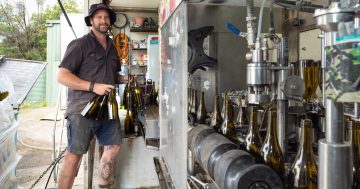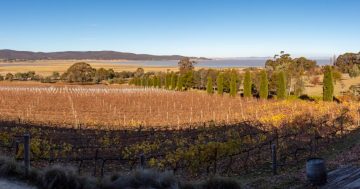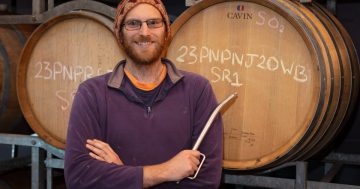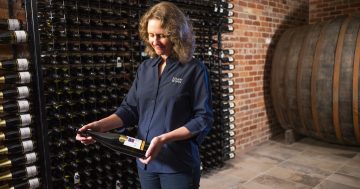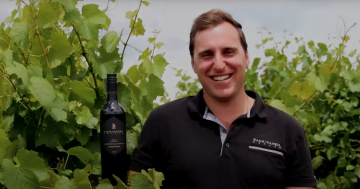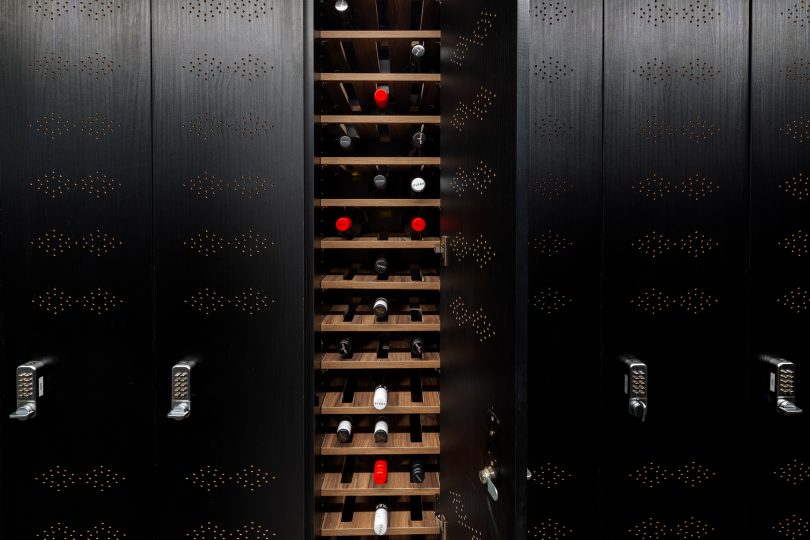
Let your jaw drop when you catch sight of your own cellar. Photo: Addval Developments.
You could be forgiven for thinking a personal, custom-built wine cabinet in a climate-controlled communal cellar that also doubles as a function space is beyond reach and the stuff of fantasy.
But residents at Estate Forrest will be living that dream, and it’s one a local winemaker is very much impressed by.
That’s because Ironcutter winemaker Brian Sinclair wishes more people would store their wines to allow them to age. He laments that so many wines are consumed within minutes of them being purchased. He says people really are missing out.
Brian knows his stuff. He’s been making wines for over two decades and holds a degree in wine science.
He personally prefers making wines that will benefit from some ageing as he believes they become better wines.
“Especially with reds, they can really come into their own after a couple of years. You tend to see that they can be very aggressive when they are young, but over time they become softer.
“You’ll see that the wine really comes into its own after several years in a bottle,” he explained.
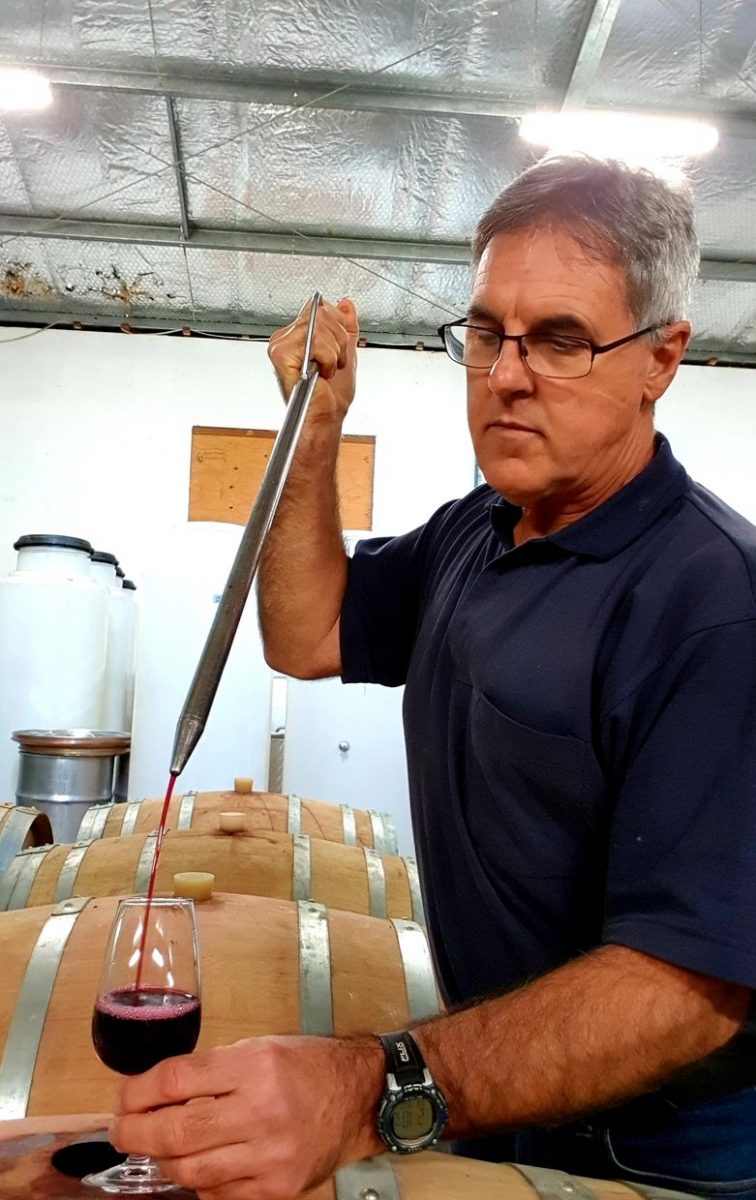
Owner and winemaker at Ironcutter wines, Brian Sinclair, wishes more people would store their wines for longer. Photo: Supplied.
Subtle changes in flavouring also occur when white wine is stored, Brian says, and a lot of this has to do with the acids found in the wine.
“With a riesling, it can be very lean, but as it ages, these beautiful secondary flavours will come out,” he said.
When it comes to storing wine, as Estate residents will do in their own wine cabinets, Brian explains that the science behind this has changed substantially in recent years with the introduction of screw caps.
He describes winemakers as having undergone a process of “rethinking why we used to do things a certain way, and how we can do things differently now”.
As Brian explains, wine had to be stored lying down so the corks remained moist, creating a better seal, which is no longer necessary with screw caps.
“The other big problem with cork was that with fluctuations in temperature, the wine in the bottles would increase and decrease.
“With heat, the wine would expand and push the cork out a bit at times, and when it cooled down again, it would shrink in size and pull oxygen in from outside,” he said.
Therefore, it used to be imperative that a stable temperature was maintained.

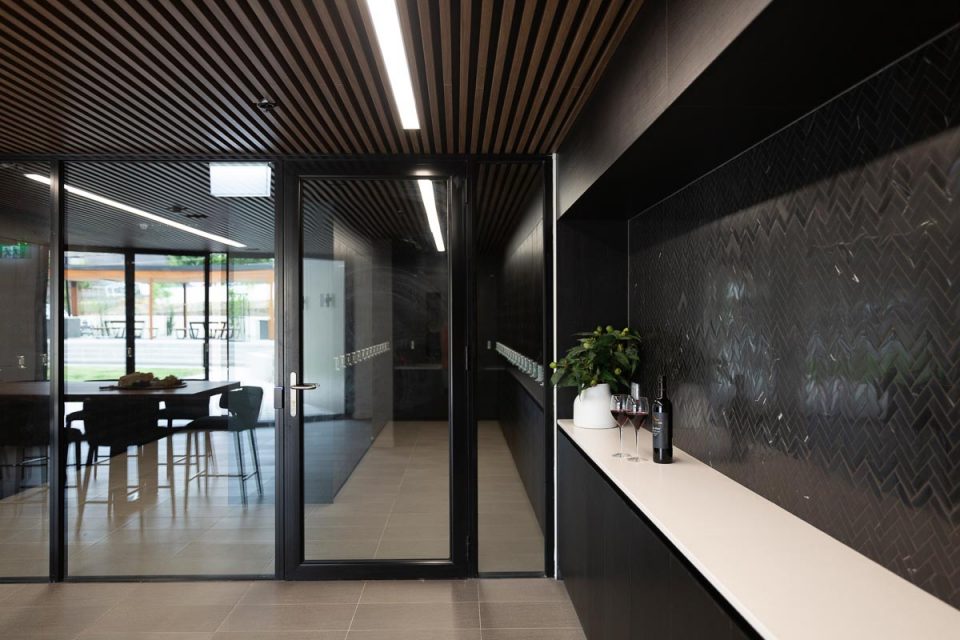
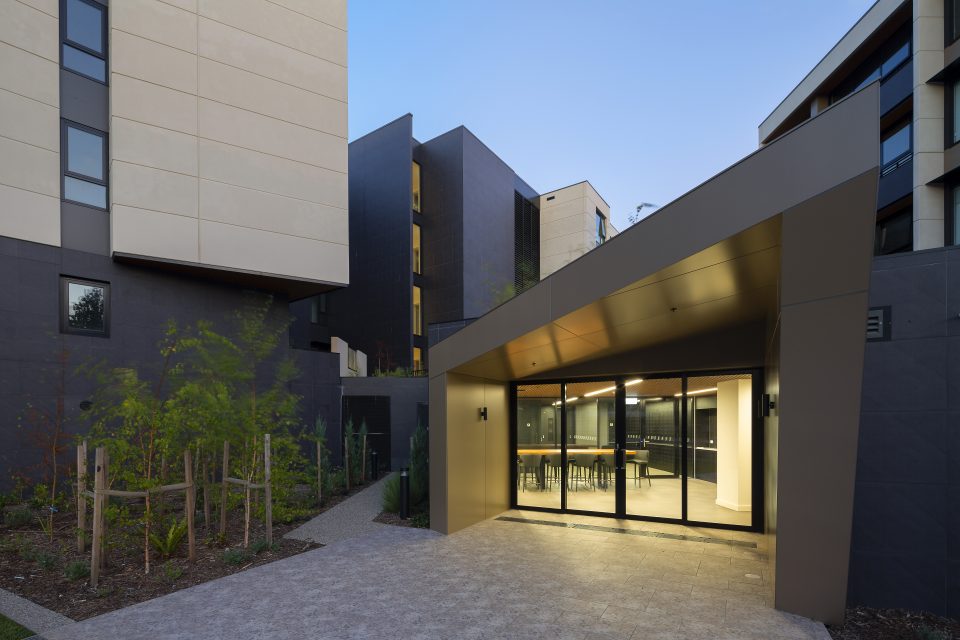

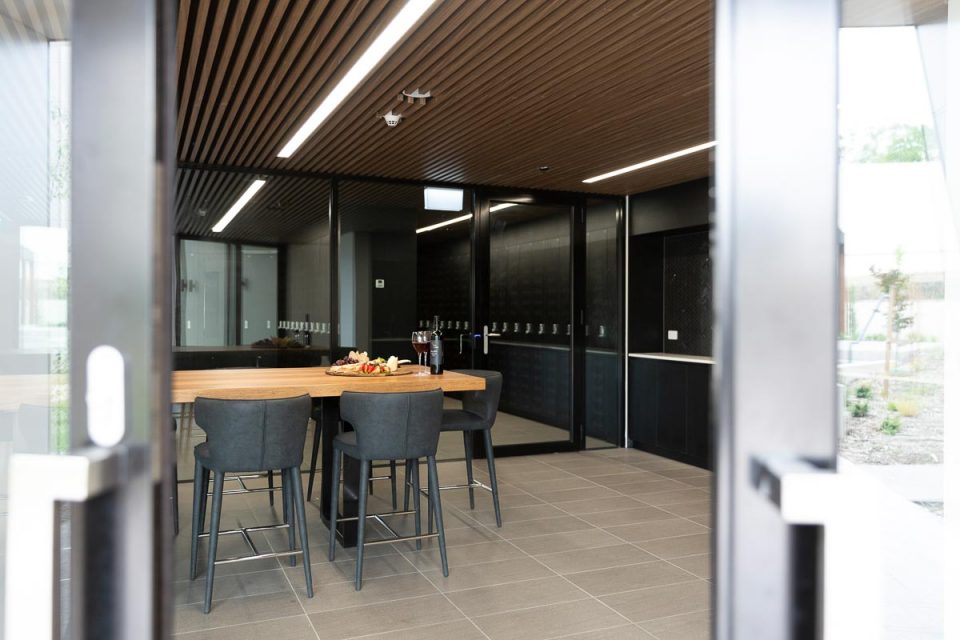
Although this is less necessary these days, Brian agrees with the temperature setting of the Estate cellars, saying 14.5 degrees is the ideal temperature to store reds, whites and sparkling together.
The wine cellars have adjustable racks to cater for different bottle sizes, including Jeroboams (4.5-litre bottles) and can store 60 standard-sized bottles.
Each of the doors on the cabinets is perforated to allow the precise amount of cooled air into the cabinet.
Addval Developments general manager Michelle Dzakula says it’s not only the wine that benefits from the cellars.
To the front of the climate-controlled cellar area is a function space, ideal for tastings and one that’s sure to be popular, along with the pocket park and BBQ area beyond, when lockdown ends and life returns to normal.
Estate residents can book these spaces separately or together for functions, making it really all about the social elements, too.
To learn more about Estate Forrest or arrange a personal inspection contact Charles Crowther on 1300 891 369.












